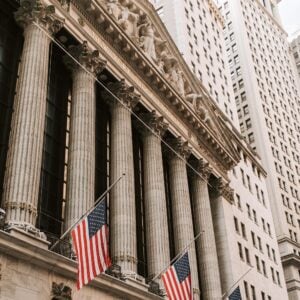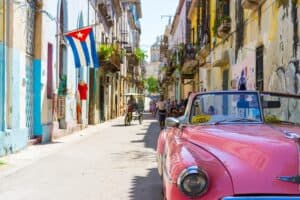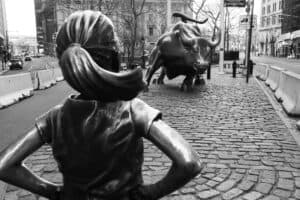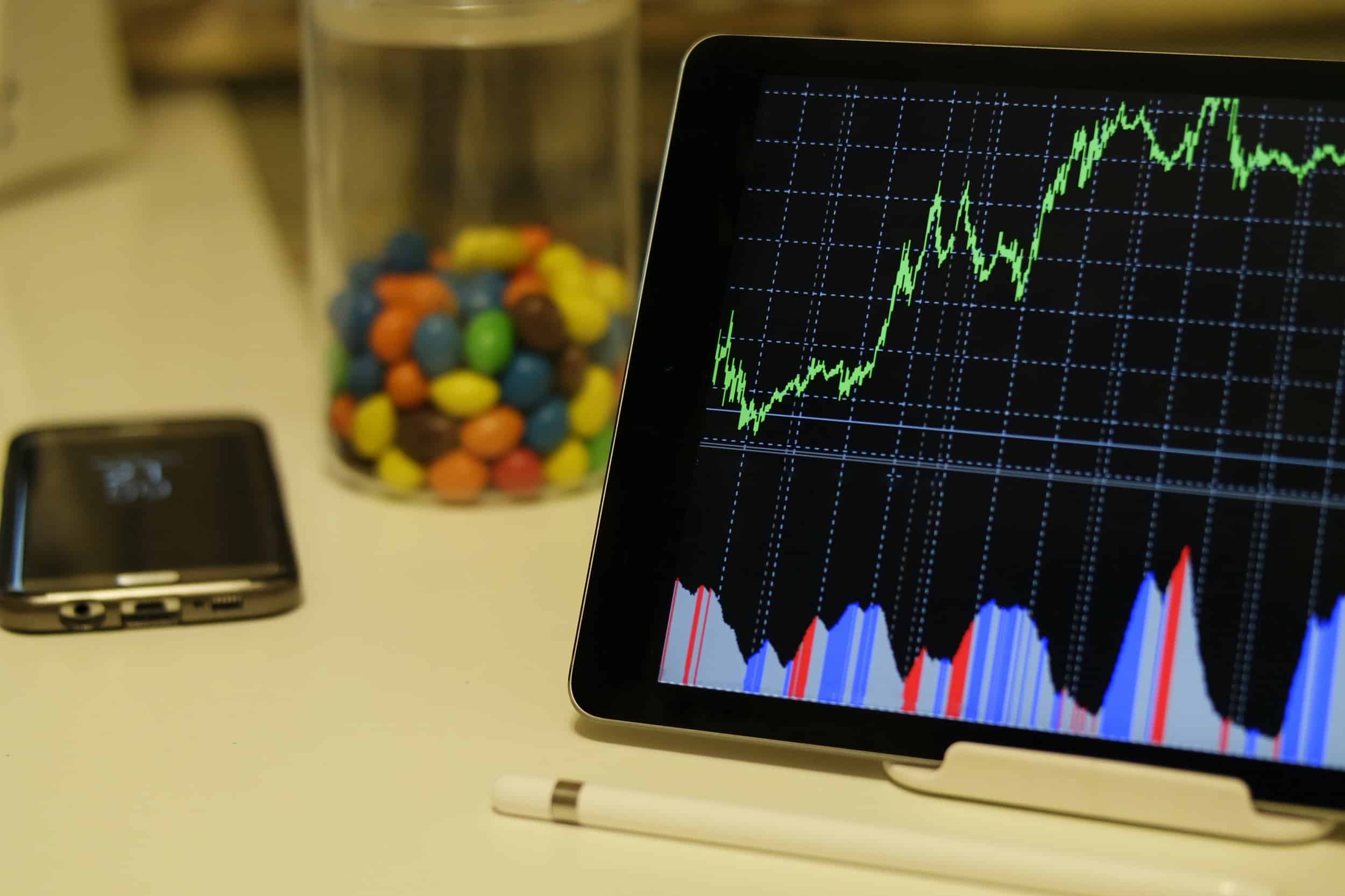Everyone loves a good trivia night, but for some of us, our special subject isn’t Disney or Star Wars. It’s something much more exciting: the stock market. With over 400 years of stock market history and dozens of stock exchanges across the globe, here are some of the most challenging questions out there to take your trivia skills to the next level!
What is the largest stock exchange in the world?

The New York Stock Exchange. The US is home to the world’s largest and second-largest stock exchanges.
Where is the oldest stock exchange in the US?
Philadelphia. The Philadelphia Stock Exchange (PHLX) is two years older than the New York Stock Exchange (NYSE) and is over 250 years old. Originally called the “Board of Brokers,” the Nasdaq OMX Group now owns the the stock exchange in Philadelphia.
True or False: “Cent stocks” refers to stocks traded for less than a dollar.
False. Low priced stocks like these are usually called “penny stocks” and they include shares traded for less than $5.
Which of these countries does not have a stock exchange: Chile, Argentina, or Cuba?

Cuba. Other countries without stock exchanges include Afghanistan, Monaco, and (unsurprisingly) Vatican City.
False. To invest in the stock market you need a brokerage account. With a brokerage account, you can invest in things like stocks, bonds, and Exchange Traded Funds.
Jon Stein and Eli Broverman of Betterment used technology to open up the world of online investment advice. What is the term for this kind of advisor?
Robo-advisor. For those who think that algorithms can do all the heavy lifting when it comes to investment advice, Robo-advisors may be what you’re looking for. Robo-advisors use math and technology to make calculated decisions on what to invest and where to invest it.
True or False: Buying stocks of a startup company is an example of blue-chip stocks.
False. Blue-chip stocks are stocks from well-known, established companies like AT&T or The Walt Disney Co.
Where is the Tadawul stock exchange?
Saudi Arabia. It began as an informal financial market in 1954 and is the only securities exchange in Saudi Arabia.
Which country uses the FTSE 100 index?
The United Kingdom. The FTSE 100 is the index of the 100 biggest companies in the UK by value.
True or False: With a mutual fund, your money is pooled with money from other investors.
True. Mutual funds offer a chance to invest in things that you might not be able to afford to invest in alone.
How many companies were in the original Dow Jones Industrial Average?
Twelve. The original 12 companies were all from heavy industry, hence the “industrial” average. None of these companies are still in the Dow Jones Industrial Average, and it now includes a range of light and heavy industry companies.
Which country has the 5th largest stock market in the world?

The United Kingdom. As the 5th largest stock market, the UK has only around 5% of the global market. The US has the largest share, with over 50%!
What is the name of the market index for Hong Kong?
The Hang Seng Index. Beginning in 1969, it now indexes 50 major companies in Hong Kong.
What is the name of the stock market crash of 1987?
Blue Monday. On Monday, October 19th, US stock prices crashed over 20% in one day!
In which country would you find the Nikkei Index?
Japan. The Nikkei Index is the index for the Tokyo Stock Exchange.
Which independent federal agency is responsible for regulating US stock markets?
The US Securities and Exchange Commission (SEC). The SEC was established after the 1989 stock market crash and “protects investors, promotes fair markets, and facilitates capital formation.”
If an employee of a company profits from selling that company’s stock, is this illegal?
No. Actually, many companies encourage employees to buy their stocks. In fact, you only engage in insider trading when the decision to trade stock from a company you work for is made based on insider knowledge that can alter the price of the stock.
The Great Crash of 1929 and the Crash of 1987 both happened in which month?
October. Evidently, October is statistically the most volatile month of the year. Some have even given the name The October Effect to the idea that the market will decline more in October than any other month, although there isn’t strong evidence to back this up.
Does a bull market encourage buying or selling?

Buying. The terms “Bull” and “Bear” markets supposedly originate in the early 19th century. Bulls attack by swiping their horns up (rising like prices in a bull market), and bears attack by swiping their paws down (downwards like falling prices in a bear market).
What is it called when stock traders yell out buying and selling orders while making hand signals?
Open outcry. Because phone trading and electronic trading have taken over from physical trading in most exchanges, open outcry is a lot less common these days.
If a company goes bankrupt, who gets paid first?
Firstly, secured creditors. Secondly, unsecured creditors, who are like employees who are owed money. Stockholders actually receive payment last.
Which of these might you consider a cyclical stock: Walmart, Starbucks, or Johnson & Johnson?

Starbucks. Cyclical stocks go up and down, depending on the economy, of course. The worse the economy, the less people want to splash out on that double shot mocha frap with extra whip. However, people will always need food and healthcare supplies.
Chase National Bank. Albert H. Wiggin turned down an original pension of $100,000 per year after his actions outraged the media and public.
The End: Stock Market Trivia
We hope you use this stock market trivia to share just how interesting the stock market can be!


 Tags:
Tags:










